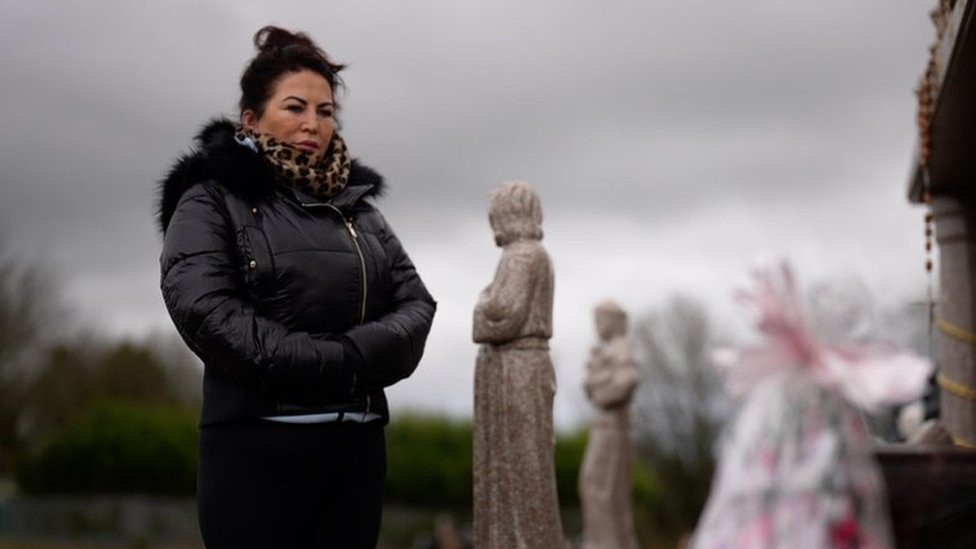Discrimination and deprivation are causing a mental health crisis among Irish travellers

According to European Union research, Irish travellers face some of the worst discrimination and poverty of any ethnic group in Europe. It is causing a mental health crisis in their home country, according to community members.
In Ireland, 11% of people commit suicide, and their life expectancy is up to 15 years lower than that of the general population. Rose Marie Maughan is a member of the Irish Travellers Movement, which is a national network of more than 40 organisations. “Our suicide rate is seven times that of non-travelers,” she explained.
“Only 3% of us live beyond the age of 65, and 80% of us are unemployed.” “There would be international attention if that were any other community in Ireland.” The Irish Travellers National Mental Health Network is chaired by Mags Casey. In the last ten years, nearly 30 members of her extended family have committed suicide.
In January 2012, her sister-in-law died, followed two years later by her brother, who, according to Mags, never recovered from the grief of losing his wife. “When our first family member committed suicide, I thought the world had ended,” she said.
“I didn’t know how to sit down with four kids and tell them their mother was dead, gone.” “The devastation it has on a family – addiction, family breakdown, a spiral of grief, and young people who don’t know how to deal with that grief.”
The Irish government has stated that it has a number of policies in place to encourage Traveller inclusion in areas such as education, employment, health, and lodging.
Irish Travellers, on the other hand, have stated that they require more action and support to address the discrimination that is causing a mental health crisis in their community.
In 2021, €250,000 (£207,013) was spent on Traveller mental health, and €12 million (£9.9 million) was spent on Traveller housing.
Picture Courtesy: Google/Images are subject to copyright
